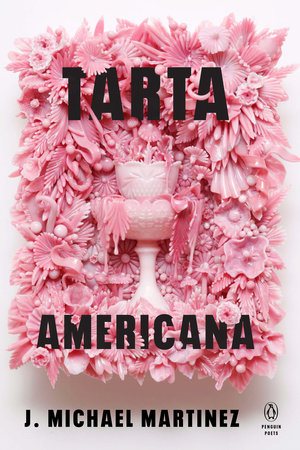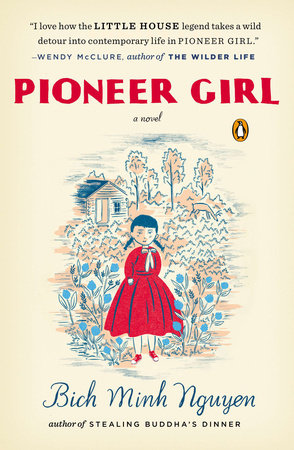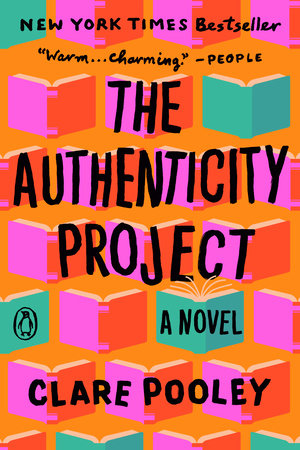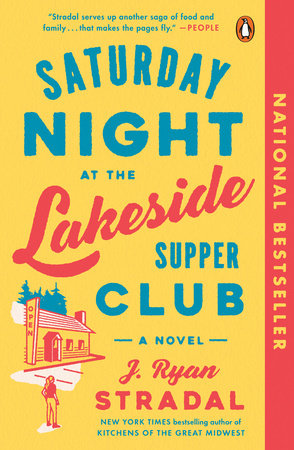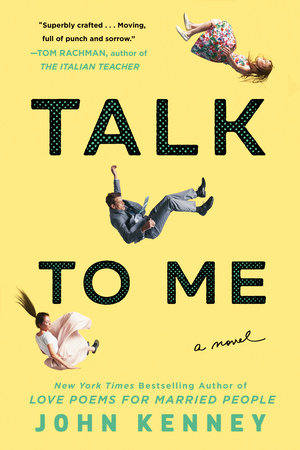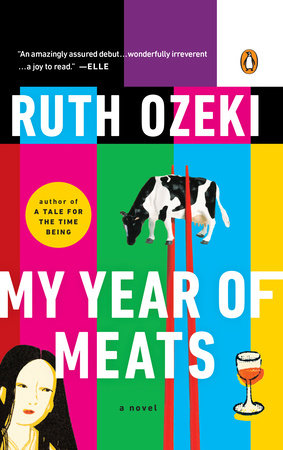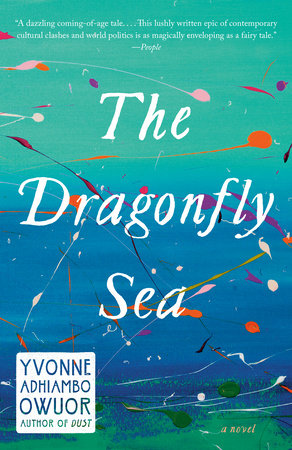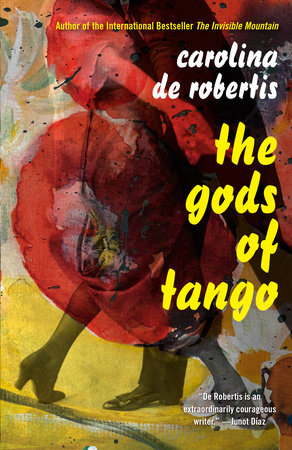1. Before reading this novel, most people would understand the “Re” in the title to mean “regarding” rather than reading it as a Korean surname. Since “Re” is a Korean name more often translated as “Lee,” why did you choose a deliberately ambiguous title?
Countless immigrant surnames have been botched on Ellis Island to make them more palatable to the American tongue. Even my last name—Park—is actually pronounced Bok (like the sound chickens make) in Korean. “Re” (a fictitious spelling) is a bastardized version of the more common “Lee,” which is already a Western bastardization of the original Korean surname, pronounced E (like the letter). Jane’s ambiguous origins are reflected in her extremely uncommon last name. The Korean convention is to put the last name first, so while the title refers to the protagonist’s name, the use of Re also tips the reader off to the novel being a readaptation of a classic work.
2. Are you a second-generation Korean American? How do your parents feel about the way you describe Korean family and community life in your novel?
I’m an American-born ethnic Korean, but with a twist—my family is also from Argentina. (Needless to say, kimchi and empanadas were a regular fixture at our family banquets.) My parents haven’t read the book yet, so I kind of dread finding out! But I do hope they can see that my portrait of our community, while at times critical, is also filled with jung (a kind of deep affection).
3. What inspired you to frame your novel as a retelling of Jane Eyre? Was the novel a big factor in your own decision to become a writer?
Whenever I misbehaved as a child, my mother would say in her limited English, “You act like orphan!” This always puzzled me—how can you act like an orphan? But for my mother, who grew up during the Korean War, to be an orphan meant to act in a mischievous way that shamed your family. It meant you never received “a good family education.” She was simply reflecting the beliefs at the time.
I first read Jane Eyre when I was twelve. Jane Eyre was the first heroine I encountered who was “poor, obscure, plain, and little”—quite a departure from the beautiful Disney princesses I was weaned on. I was also struck by the many epithets thrown at her: wicked, mischievous, friendless. And yet Jane held her own, which was an incredibly empowering message for me. Later, in grad school, I learned those epithets reflected the Victorian constructions of orphans. They were shameful, the Other—of questionable lineage, morals, manners. My mind drew the link between the Victorian construction of the orphan and the Korean postwar one, and RE JANE was born.
4. Who are some of your other literary influences?
Can this be a rambling list? Ha Jin has such a way with language. He was my thesis adviser in grad school, and he had a profound influence on the structure of this novel. I also love writers who treat weighty issues with humor, like Lorrie Moore and Gish Jen. Jane Austen, too, of course. And the way Alice McDermott writes about the New York Irish makes it seem that she’s spent a lifetime with the Koreans of Queens.
5. What led you to set Jane’s story against the events of 9/11?
Setting the novel in the early 2000s made the most sense in capturing both the economic shifts in America as well as the changing cultural views in Korean society (especially with regard to mixed-race Koreans). I didn’t consciously set out to write about 9/11. I wasn’t sure I could give such a monumental, tragic event the treatment it deserved. At the same time, given the time frame, I couldn’t not write about it—it would feel like a lie by omission. So the decision was a Catch-22.
6. Your educational background seems a lot closer to Beth’s than to Jane’s. In creating Beth’s character, how did you come up with the idea of a character who—in studying the madwoman in the attic—actually becomes that figure herself?
In casting Beth as the iconic (and problematic) “madwoman in the attic” figure, I confess I was being playfully meta and poking fun at academia. But in all seriousness, I take issue with the notion of female hysteria—it’s a theory that should have been abandoned in the nineteenth century yet still persists today. I wanted to show how the same person can be read two ways. I think to Jane Beth Mazer seems “crazy” indeed at first; but it’s only after Jane’s gone through her own share of experiences (and, in the classic bildungsroman, “had an education”) that she comes to read Beth with new and empathetic eyes.
7. You spent some time doing research in Korea. How long were you there? Were your experiences of trying to assimilate to the culture similar to Jane’s?
I lived in Seoul for two years: the first year as a Fulbright scholar, the second teaching writing at an all-women’s graduate school. Like Jane, I was a bit naive on arrival—I had sorely outdated notions of the country based on my parents’ stories of poverty and war. Turns out: the country had advanced exponentially in the interim. The Koreans (unhyphenated) found me rather amusing. I sounded like a sixty-five-year-old fuddy-duddy with a southern twang.
Nor was I expecting the extreme aesthetic expectations put on women. Every ad in the subway is for a plastic surgery clinic; there’s a makeup shop or three on almost every block. Like Jane, I went out wearing jeans, sneakers, and no makeup, and I got a bit of flak for that—teachers making “polite” suggestions, shopkeepers turning their noses, that sort of thing. Unlike Jane, I never went through the whole makeover process.
8. As neither fully Asian nor fully American, both Devon and Jane are outsiders wherever they go. What made you decide to give Devon a Chinese background rather than making them both Korean?
Jane and Devon represent two different versions of the adoption story. I made Devon a Chinese adoptee because it was more realistic—the numbers of Korean adoptees to the United States are decreasing, while the adoption of Chinese female babies is on the rise. I also wanted to show how—despite coming from different cultural backgrounds—they form a bond through their shared outsider status.
9. Jane’s students in Korea adopt the American names Chandler, Rachel, and Monica in homage to the television show Friends. Did you make this up, or was it a trend you actually encountered?
Many Korean Koreans adopt an English name for themselves (usually in after-school English academy). I met quite a few who were avid Friends watchers and they used the show as a tool for improving their American English. But no one I met actually named themselves after the characters!
10. What are you working on now?
I’m working on my second novel, which features a minor character of RE JANE (guess who) and takes place in the Korean “ghetto” in Buenos Aires, Argentina—where my family used to live before immigrating to the States. It’s also set in western Queens and the campus of Swarthmore College.






